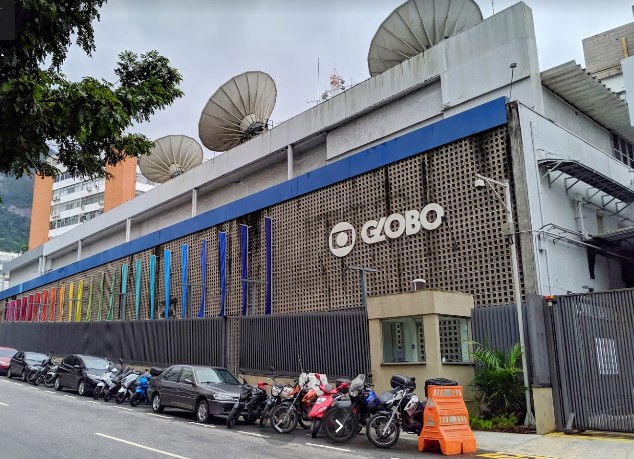RIO DE JANEIRO, BRAZIL – Despite the difficult times for the Brazilian economy and the loss of the Libertadores Cup to TV SBT, this week Globo closed the sale of its six main sponsorship contracts for 2021, securing a gross revenue of almost R$1.9 billion (US$380 million).
Last Wednesday, November 25th, the Petrópolis Group, brewer of Itaipava beer, bought the share that had belonged to Ambev for the past two decades, one of the largest breweries in the world.
Ambev had already announced that it would not renew with Globo. It reported earlier this month that it was looking for “new ways to communicate with its consumers”. The Belgian-Brazilian multinational made an offer which Globo considered very low, asking for R$311,7 million per national share, only R$4 million more than in 2020.

Casas Bahia, Vivo, Itaú, and General Motors were the first to renew with Globo. Hypera, from Neo Química, Corinthians’ partner, also toughened negotiations, but ultimately yielded and closed its share in the largest advertising project in the country, coveted by advertisers for its profitability.
Globo’s national soccer package provides for the broadcast of 63 live games on open TV, 22 fewer than in 2020. As this year’s Brazilian Championship will only end in February, the 2021 package will only be delivered in March (and not in January).
To offset the loss of the Libertadores and the shorter state championships, the network will expand its exposure to soccer sponsor brands throughout its programming, with inserts in TV news, telenovelas, and series.
The commercial plan also adds greater weight to advertising in Globo group’s digital products (G1, GE portals) and greater involvement with content, with more merchandising initiatives with the sportscast and new interactions throughout the matches. The brands will also be present in the ‘Central do Apito’ and ‘Central de Estatísticas’.
Broadcaster could generate over R$3 billion
Globo’s soccer revenues are not limited to the main sponsorship shares of the largest broadcast package. The broadcaster is also negotiating six shares for the Brazilian National Team matches, which is competing in the 2022 World Cup Qualifiers.
From the national package sponsors, only GM and Itaipava have not closed their sponsorship of the team and could be replaced by competitors. Each share costs R$90 million.
The broadcaster is also offering six shares for the broadcasts on pay TV (SporTV and Premiere), at R$123 million each. Vivo, Bradesco, Fiat, and Sportingbet have already renewed their contracts.
There are also less costly formats on the market, such as the sponsorship of the top five-second sketch, which precedes broadcasts, and participation shares, in which advertisers are entitled to a 30-second commercial during match breaks.
With the sponsorship shares of National Soccer, National Team/Qualifiers and Pay TV, Globo will generate a gross revenue of R$3.148 billion. By selling everything, it will be more successful than in the 2020 soccer negotiations, closed last October, in a much more favorable scenario than the current one.
Globo tackles crisis and critical moment
The success of the 2021 national soccer package shows that Globo is circumventing the adverse impact of the loss of tournaments on the advertising market, at a time when the high values of sports rights are being called into question.
In addition to the Libertadores Cup, for which it refuses to pay US$60 million annually, the broadcaster is challenging the contract with FIFA in the Swiss courts that covers the rights to the upcoming World Cup in Qatar. In June, it stopped paying soccer’s top organization an annual installment of US$90 million (over R$480 million). For the first time since the 1970s, the country’s largest network is in serious danger of failing to broadcast a World Cup.
Also in 2021, Globo may break another tradition, Formula 1 racing broadcasts. The network refused to renew its contract to compel the review of the rights figures.
However, FIA (International Auto Racing Federation) turned to Globo and is trying to enable a new partnership model, due to the broadcaster’s relevance to the category’s global audience. The Brazilian network accounts for approximately a quarter of the world’s total sports audience.
Globo is experiencing a critical moment. In addition to the pandemic, which forced it to replay telenovelas, it is undergoing an internal restructuring process that should result in over 2,500 layoffs. Over the past two weeks, it announced major changes, such as the resignations of General Director Carlos Henrique Schroder and Drama Director Silvio de Abreu.
Source: UOL

